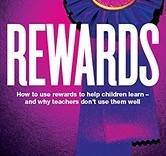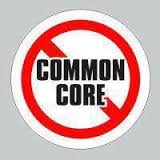
Miseducation: How “Reward” Punishes
With Herbert Walberg and Joseph BastThe scandal in our public education is most obvious in the schools of the “inner city,” but also bedevils most of the rest of the schools of comparatively affluent America. Why and how? Through the injurious effects of “niceness” and “educational egalitarianism.” Not only is no child to be left behind, he or she is to be given no honest evaluation of performance, attainment and progress. Instead, all are “rewarded” promiscuously for whatever the teacher can find to praise, be it some “alternative”intelligence, “empathic relatedness,” or just being there. By no means must the child ever be allowed to recognize that he or she has performed poorly on any task or has not given enough effort or attention.
Thus, according to our guests, Herbert Walberg and Joseph Bast, have the teacher’s colleges and the two major teachers unions kept this country – which spends more on education than any other – at the mere middle of the educational attainment distribution, exceeded by virtually all western European nations plus, of course, China and Japan.
The answer is not to give up the uses of reward in education but to connect it to actual merit, to eschew false flattery for simple realism and honest evaluation. Strengthening the curriculum and raising standards would also be –to say the least–helpful. All of this is well argued and elaborated in a new book by Walberg and Bast and in this episode.






